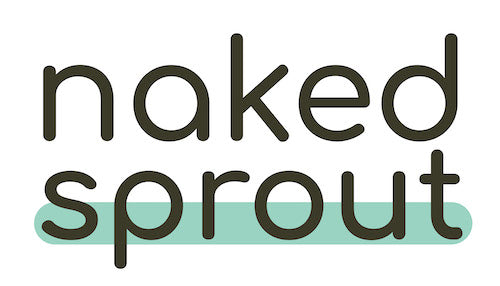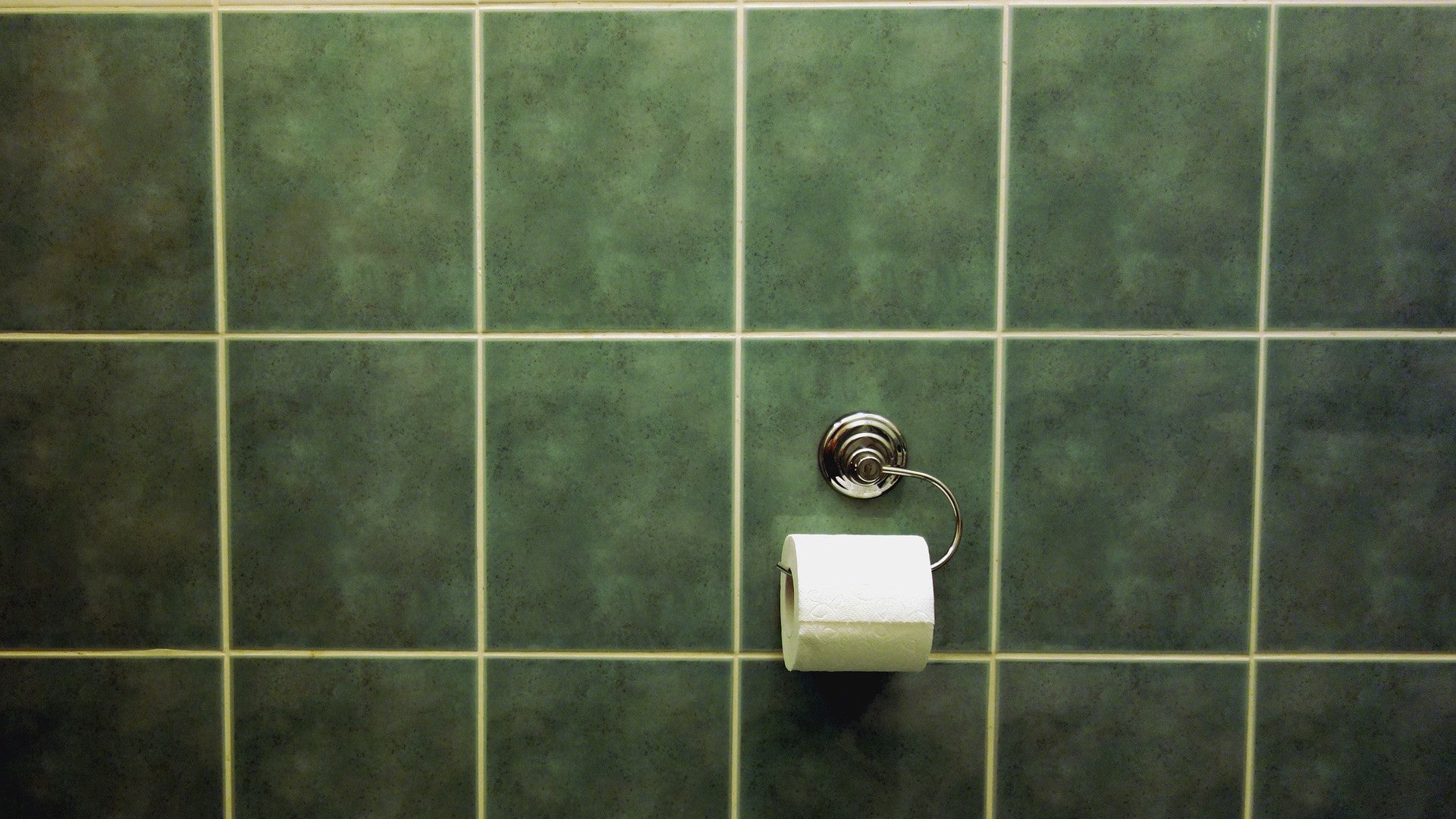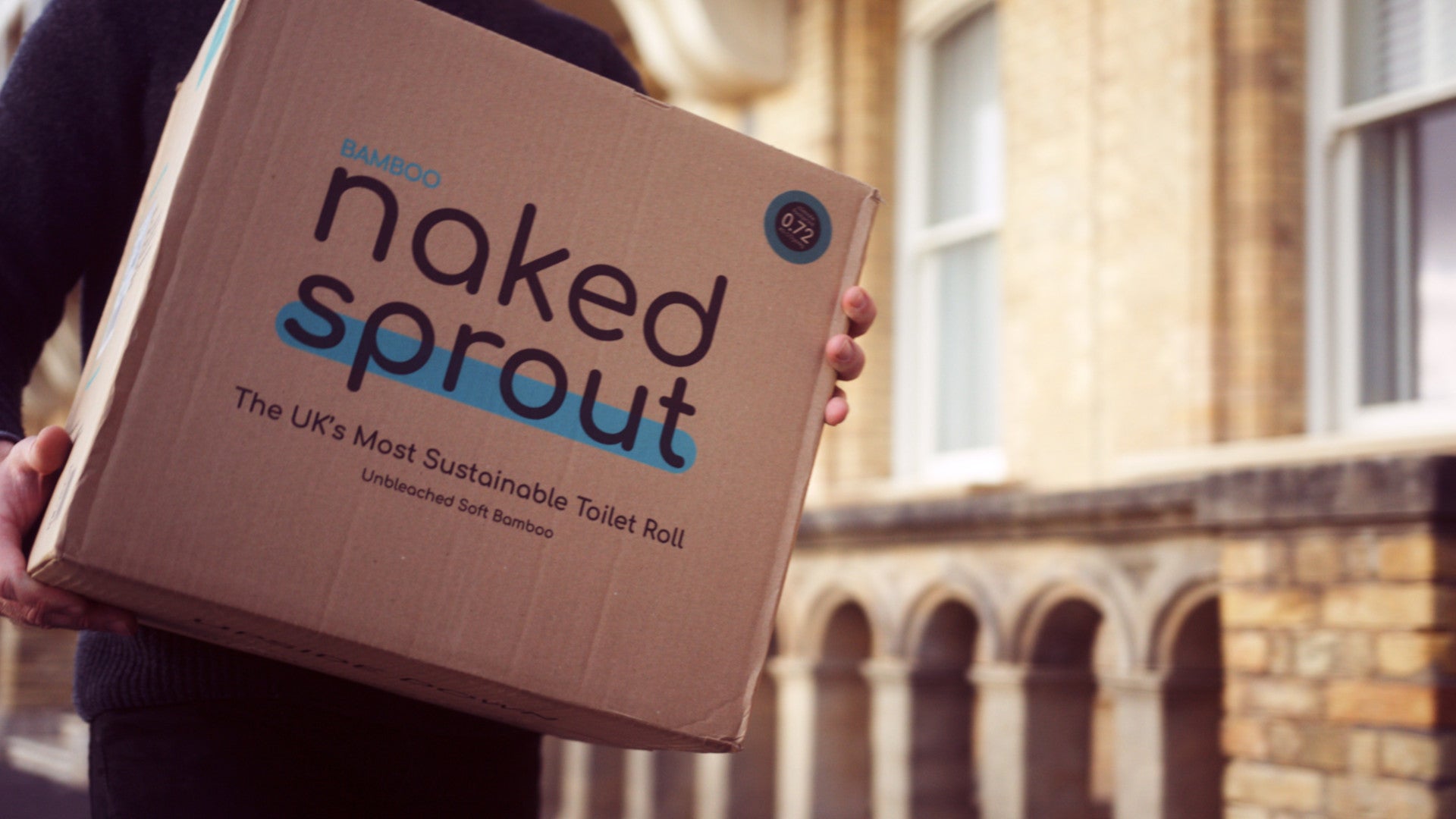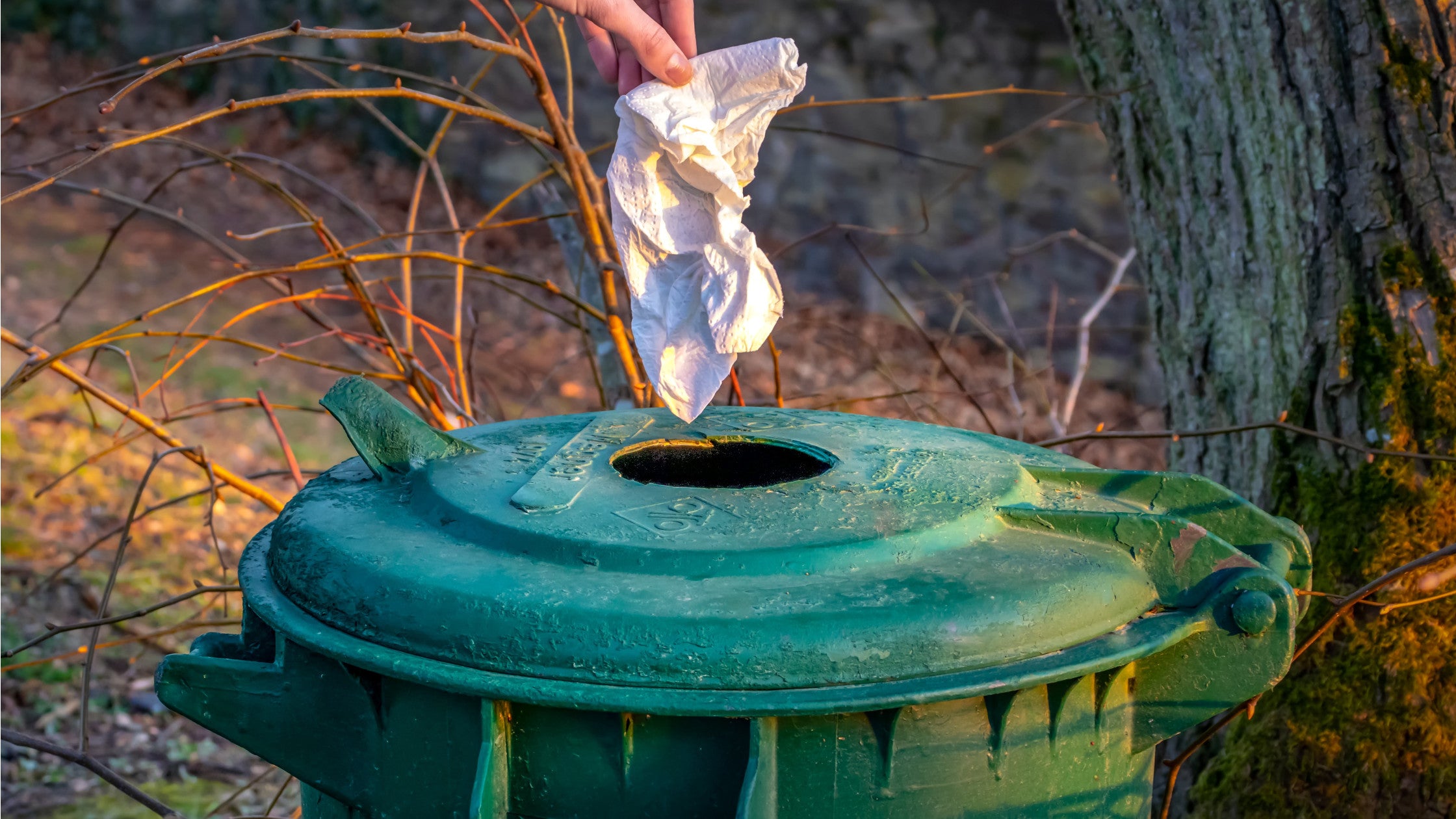Why did People Panic-Buy Toilet Rolls during COVID-19?
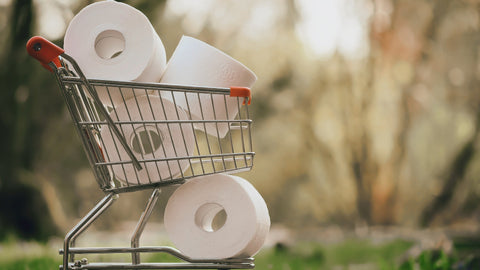
The Covid-19 pandemic brought about unprecedented changes and challenges. Just a few years later, it’s easy to forget the unreality of those first few months, as global supply chains ground to a halt, travel ceased, and millions of people around the world stayed at home.
At Naked Sprout we make sustainable and eco friendly bamboo and recycled toilet rolls. As tissue professionals, one aspect of the early days of the pandemic that we’ve always found interesting was the global phenomenon of people panic-buying toilet rolls. We remember it well, masking up to get essentials from the local supermarket, only to find the shelves that normally house packs or rolls in all manner of sizes and colours were stripped bare.
So why did people panic-buy toilet rolls during the pandemic?
In this blog post we’re engaging in a bit of loo roll anthropology, to delve into the cultural, social, and psychological factors that underpinned this curious behaviour.
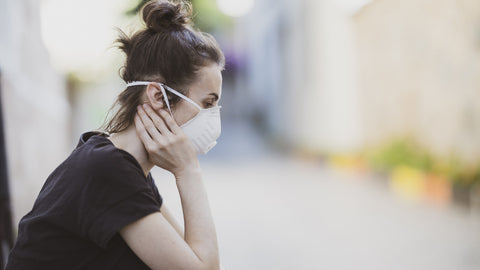
Fear and Uncertainty:
At the onset of the pandemic, uncertainty loomed large. None of us knew how the virus would unfold and the impact it would have on our lives. Looking back on it now, many of us remember this as a time of anxiety, made even worse by rolling news and social media serving more and more bad news.
At times like this, when the big picture is difficult to comprehend, it’s natural for us to spend time securing our basic needs. For most of us, this means a trip to the supermarket, but measures put in to enforce social distancing meant that supermarkets became unfamiliar and often stressful environments. So people bought as much as they could in one trip, to try to create confidence in the one area of their lives they felt they could control, meeting their own basic needs.
So products like flour, eggs, and pasta - kitchen staples that most people can use to cook simple meals - were flying off the shelves. And when it comes to basic needs, there’s nothing more basic than going to the toilet.

Cultural Ideas of Cleanliness
Across cultures, people attach great importance to hygiene, but what exactly counts as clean, or the most important things to clean, will often differ. For example, in much of the Middle East you eat using your right hand (cleaning it first!), and in most of Asia wearing outside shoes inside the house is a strict no-no. So what counts as clean will change across time and geography, but everyone agrees with the general principle - keeping clean is an important part of daily life.
For those of us in countries where toilet paper is widely used, it is an essential part of personal hygiene. For most of us, not having toilet roll would be like not having soap - difficult on a practical level, and also difficult in terms of maintaining a sense of normality, something we were all starved for in the first few months of 2020.
This symbol of cleanliness served a double-purpose. At a time when the news was full of urgent instructions for mouth-covering, hand-washing, and keeping our distance, it was natural for us to focus on the various products we associate with control over our hygiene - including toilet rolls.
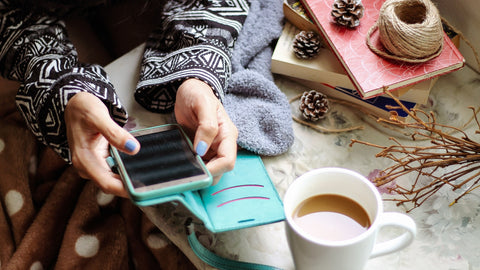
Collective Anxiety and Social Contagion:
Concerns about virus contagion might have led us individually to pick up another pack of toilet rolls. But, if we’re honest, the panic-buying we saw probably had a lot to do with another kind of contagion, social contagion.
Human behaviour is inherently social. As individuals we depend on other human beings to show us how to behave and interact with our environment. Few of us are immune to the simple social pressure of “monkey see, monkey do.”
The toilet paper panic spread rapidly through social networks, fueled by collective anxiety. As news of shortages and stockpiling proliferated through mainstream media and online platforms, individuals became caught up in a wave of panic, and stocking up became the social norm. Fear of Missing Out (FOMO) is often regarded as the defining emotion of social media. There’s no worse missing out than missing out on toilet roll, and joining in on the stockpiling became an opportunity to take part in the kind of group activity we’d all suddenly lost.
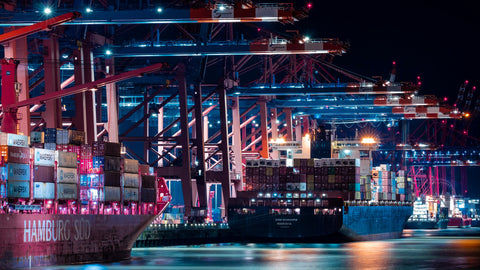
Supply Chain Disruptions:
The stockpiling phenomenon had some important social dimensions, but of course there were material forces at work as well. Many factories and transport companies had to pause or significantly change their operations during the pandemic, and these caused disruptions to global supply chains that exacerbated product shortages. As demand for toilet paper surged unexpectedly, manufacturers and retailers struggled to keep pace, leading to empty shelves that stayed empty for longer.
And even four years later, it’s interesting to note that real physical impacts of the pandemic are still causing trouble in the world of toilet rolls. The rise of people working from home during the pandemic, along with a growing reliance on digital technology, has meant that offices are getting through a lot less printer paper. Printer paper is the preferred source of raw materials for the manufacturers of many recycled toilet rolls, so this decline is causing supply headaches for many in the industry.
When we came to develop our own recycled toilet rolls at Naked Sprout we decided to go a different way, and use cardboard and paper packaging materials instead - making use of a resource that has massively grown in the last few years.
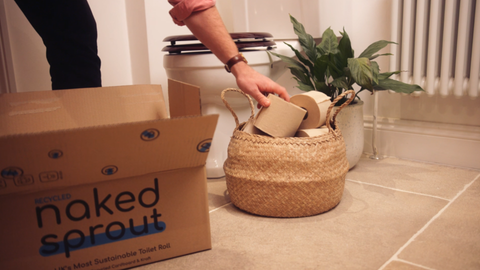
Conclusion:
The Covid-19 pandemic served as a reminder of the complexities of human behaviour in times of crisis. The panic buying of toilet paper might look irrational in hindsight but it reflected the fear, uncertainty, and social pressures of the time.
And while it’s interesting to look back on now, of course none of us want to go back to those days. At Naked Sprout we’re delivering our environmentally friendly toilet rolls directly to your door, so that’s one less thing to think about!
Want to try sustainable toilet paper that’s totally panic free?
